-
Atlas adds stargazing and astronomy workshops plus eclipse cruises
During the total solar eclipse on Aug. 12, 2026, World Navigator will be in the Arctic off Patreksfjordur, Iceland, and World Traveller will be in the Mediterranean off Palma de Mallorca, ensuring optimal viewing centered in the path of totality for each location. Stargazing and astronomy workshops On the cruises with stargazing and astronomy workshops,…
-
How do you keep astronauts healthy in space? It’s not easy.
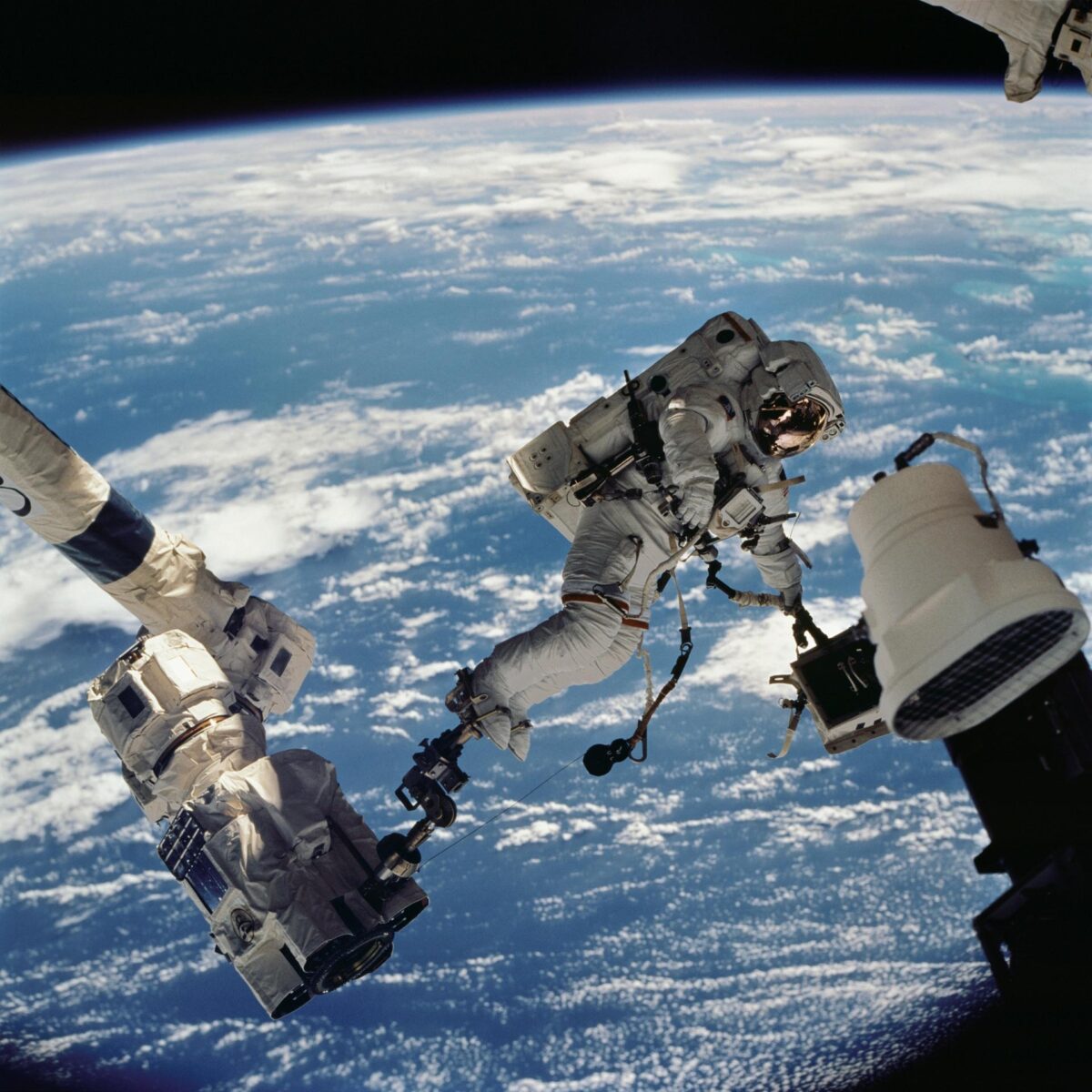
Astronaut David A. Wolf works outside the International Space Station (ISS) in 2002. Credit: NASA. In the coming decade, more people will go to space than ever before as human spaceflight enters a new era. NASA, the European Space Agency and other governmental agencies are partnering to develop crewed missions beyond the Moon. At the same time,…
-
James Webb telescope reveals long-studied baby star is actually ‘twins’ — and they’re throwing identical tantrums
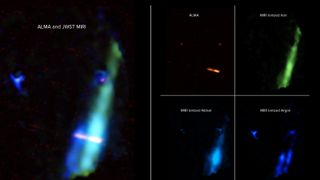
A distant star first spotted decades ago is actually a pair of baby stars that are each spewing powerful energy jets parallel to one another, scientists have discovered. The unlikely twins were finally identified thanks to the James Webb Space Telescope (JWST), which peered through a dense cloud of cosmic dust to spy the adjacent…
-
Iconic Crab Nebula shines in gorgeous James Webb Space Telescope views (video, image)
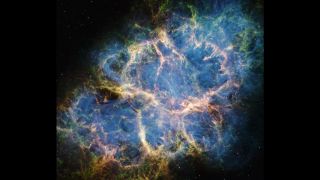
In July 1054, astronomers in China documented a “guest star” in the sky that shone as brightly as Jupiter for nearly a month before gradually fading into invisibility. That “star” was, in fact, a cloud of debris blown into space by a dying star roughly 6,500 light-years away in the constellation Taurus. In the 19th…
-
Astronomers just witnessed a whole galaxy ‘turn on the lights’ in real-time
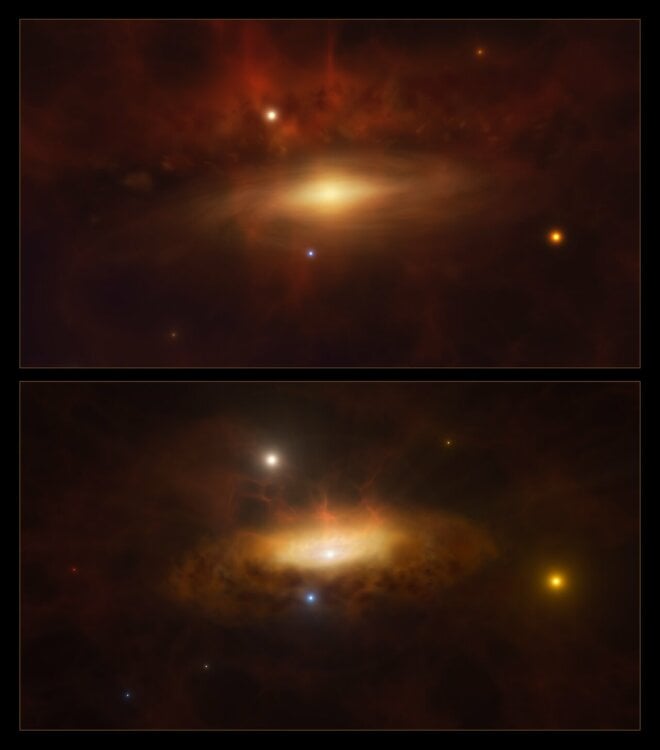
Scientists for years thought the galaxy SDSS1335+0728 was about as remarkable as its serial code name. Then it did something scientists had never seen a galaxy do: Suddenly, this frankly forgettable space neighborhood 300 million light-years away threw the lights on. That happened nearly five years ago, and it’s only gotten brighter since. Astronomers believe…
-
Vale Space Gandalf: remembering beloved bush astronomer
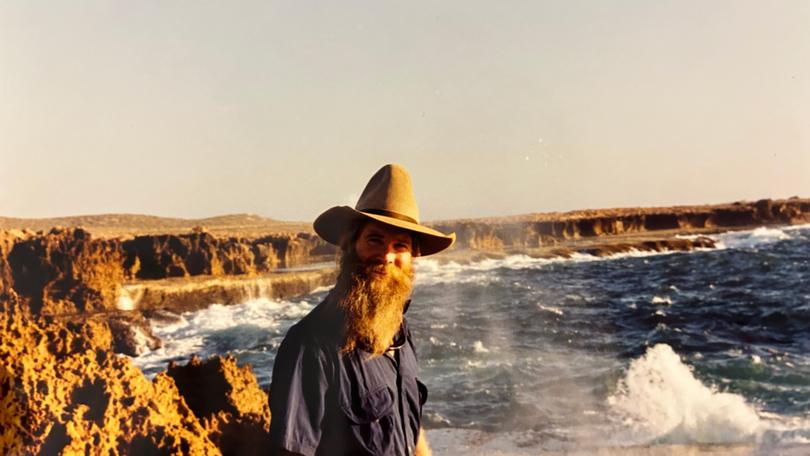
Katya MinnsBroome Advertiser Camera IconQuobba blow holes, circa 1998/99. Credit: Supplied Share to FacebookShare to TwitterEmail UsCopy the Link A trailblazer who brought the galaxy closer to the Earth, Greg Quicke — affectionately known as Space Gandalf — touched the lives of many with his profound wealth of knowledge and unyielding passion for astronomy. His…
-
Nigeria’s Okere wins international astronomical union’s award
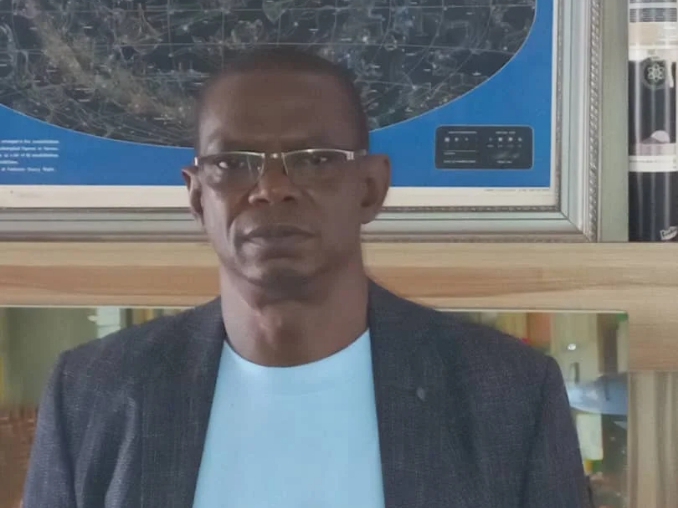
An astronomer with the National Space Research and Development Agency (NASRDA), Dr Bonaventure Okere, has won the 2024 International Astronomical Union (IAU) prize for astronomy education in Africa. Guido Schwarz, IAU’s Press Officer, announced the prize winners in a statement issued on the union’s official website page, a copy of which was obtained by the…
-
Astronomers get closer to solving the lingering mystery of fast radio bursts
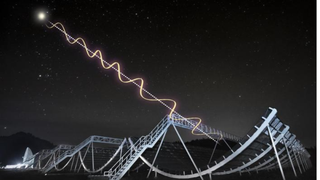
Fast radio bursts (FRBs) are intense, short-lived blasts of radio waves hailing from beyond the Milky Way that can emit the same amount of energy in just thousandths of a second that the sun takes three days to emit. However, despite their power and the fact that around 10,000 FRBs could erupt in the sky…
-
To calibrate telescopes on Earth, NASA’s launching an ‘artificial star’ to orbit
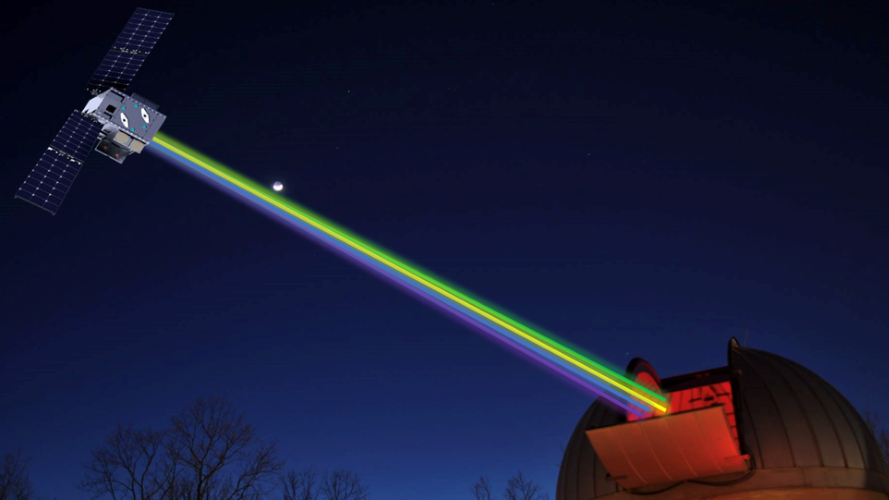
Come 2029, skywatchers can glimpse at least one “star” in the sky made by humans. Earlier this week, NASA announced plans to place a small satellite in Earth orbit at a little over 22,000 miles (35,400 kilometers) above our planet’s surface — far enough for the satellite to mimic a real star to telescopes on…
-
Planet Nine: Is the search for this elusive world nearly over?
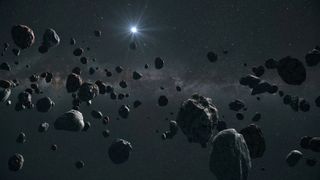
Deep in the outer reaches of the solar system — so far away from the known planets that the sun would barely be distinguishable from a nearby star — a massive, icy world may be lurking in the shadows, waiting to be discovered by humanity. And the day that we finally find this elusive planet…